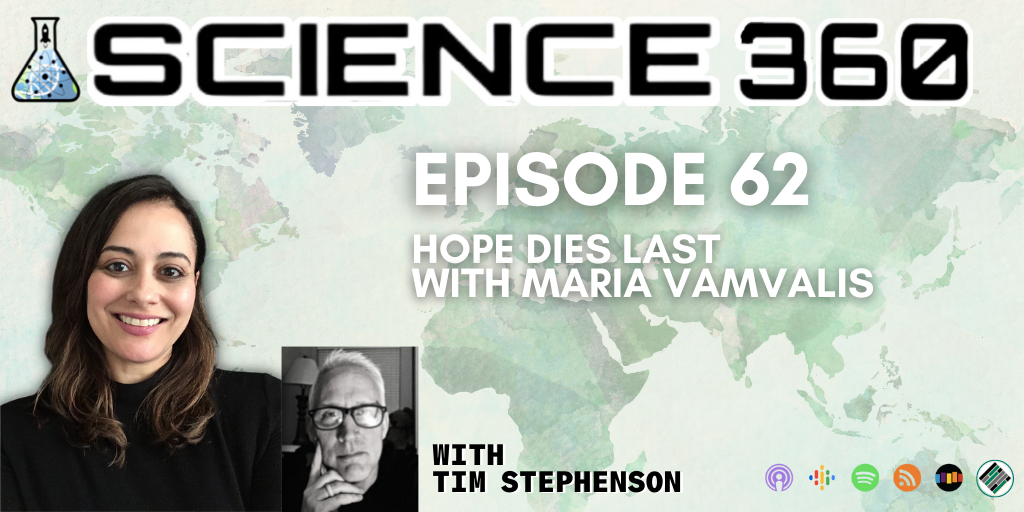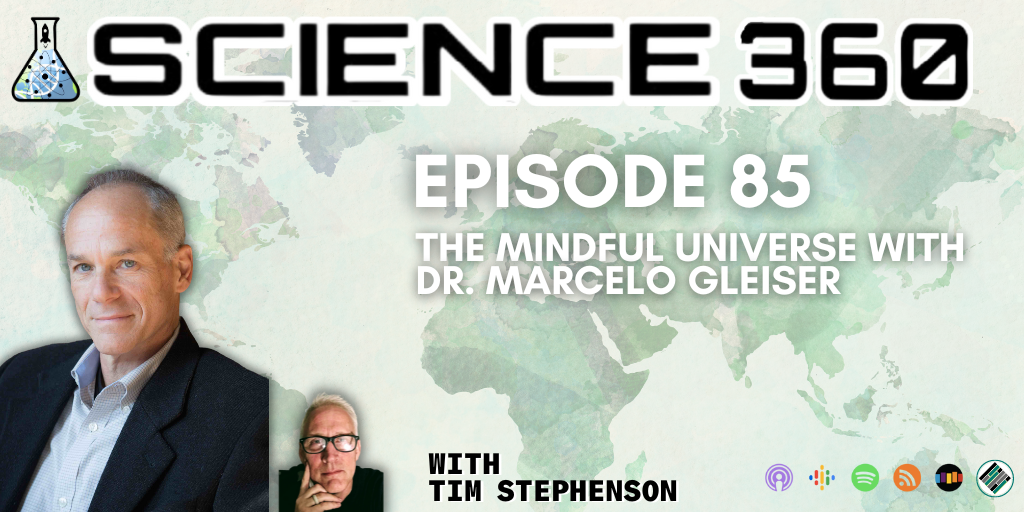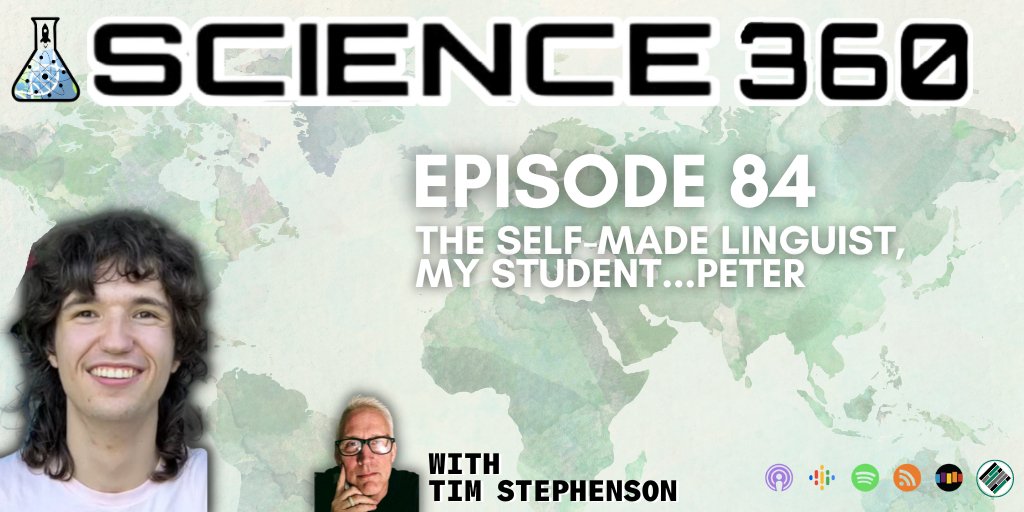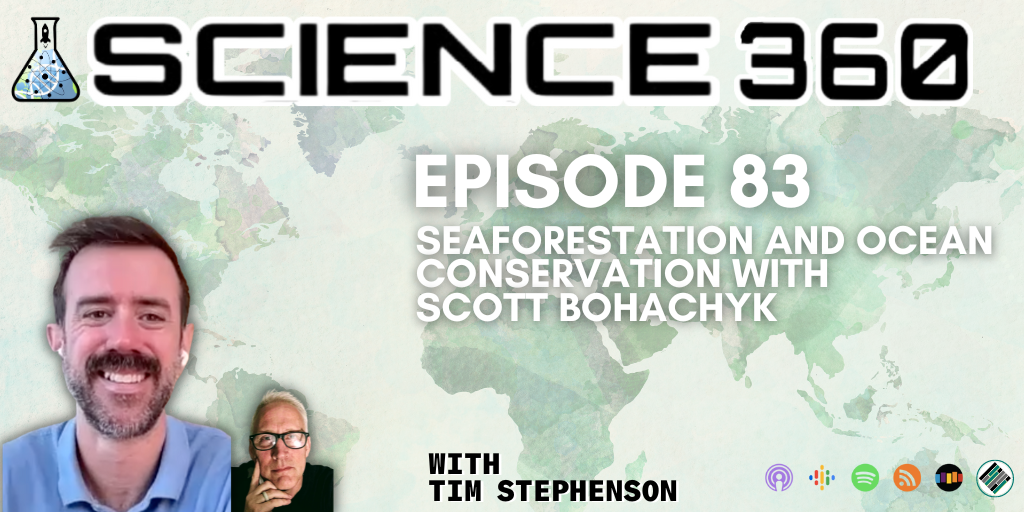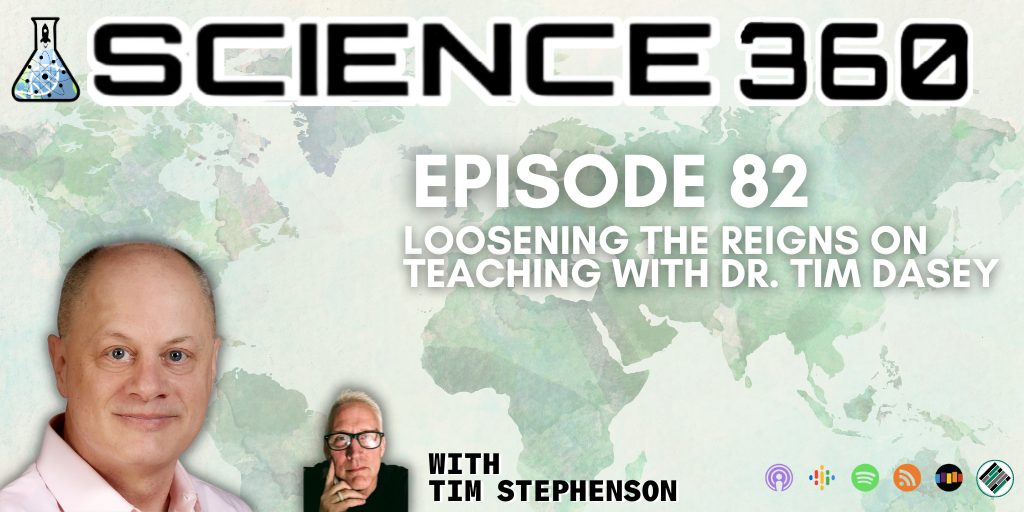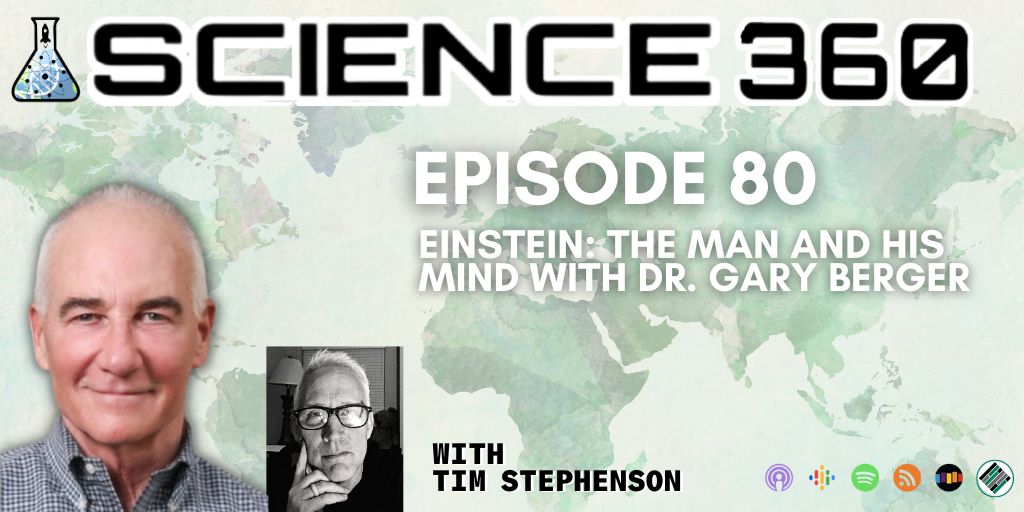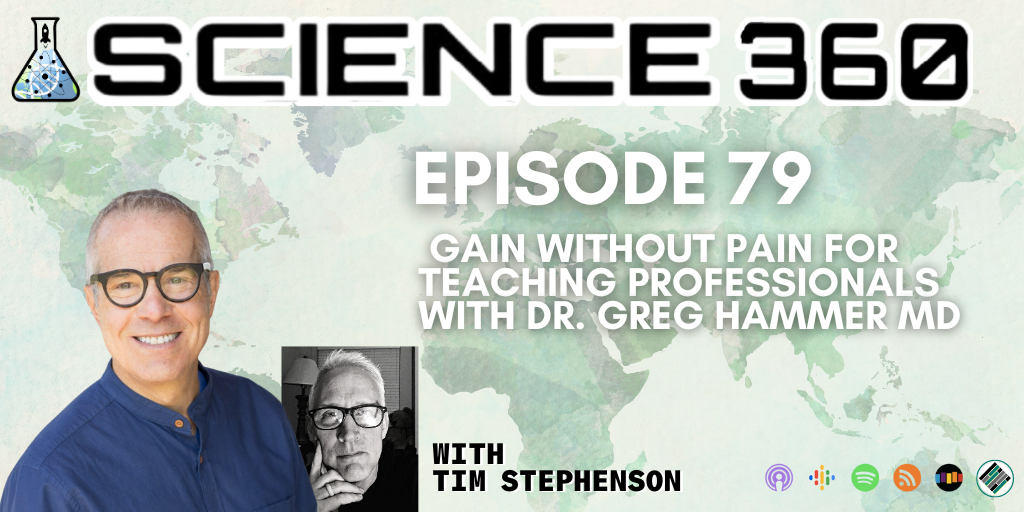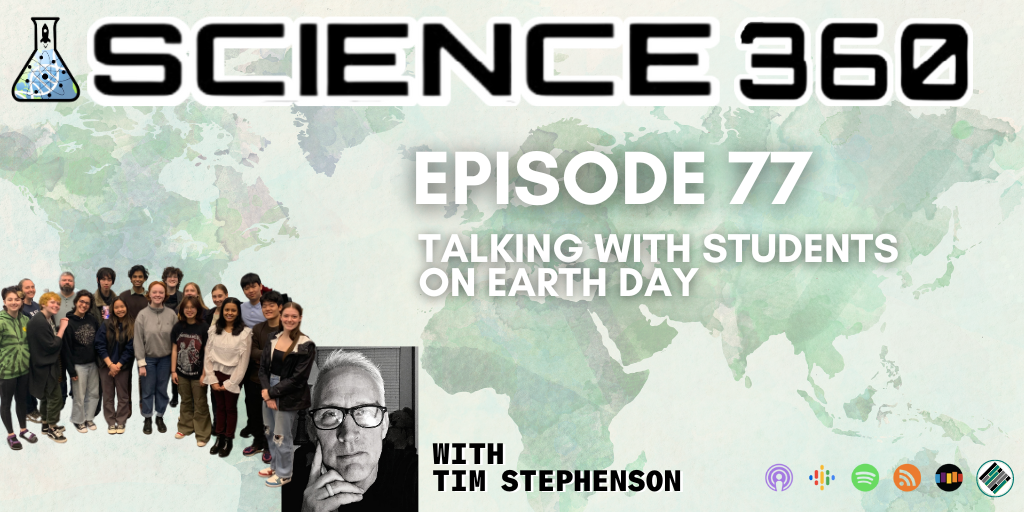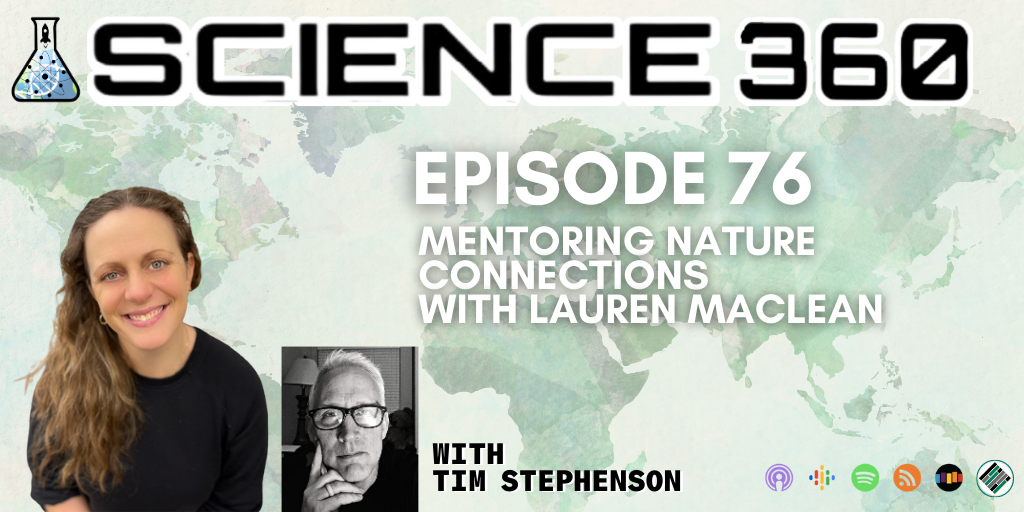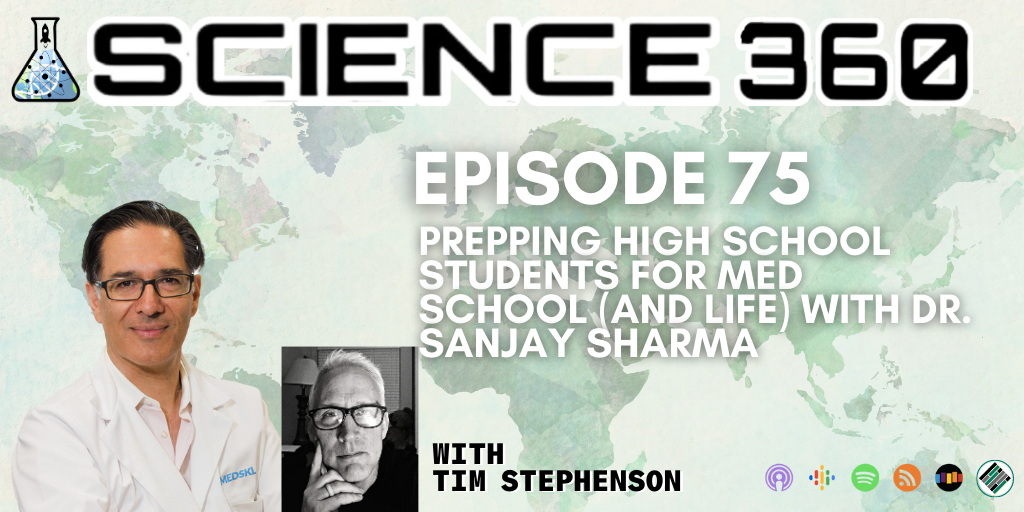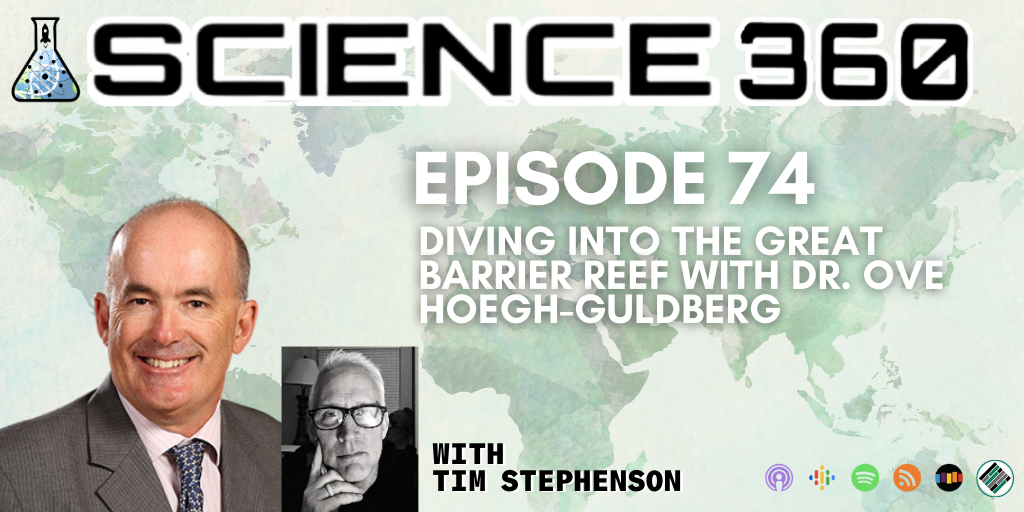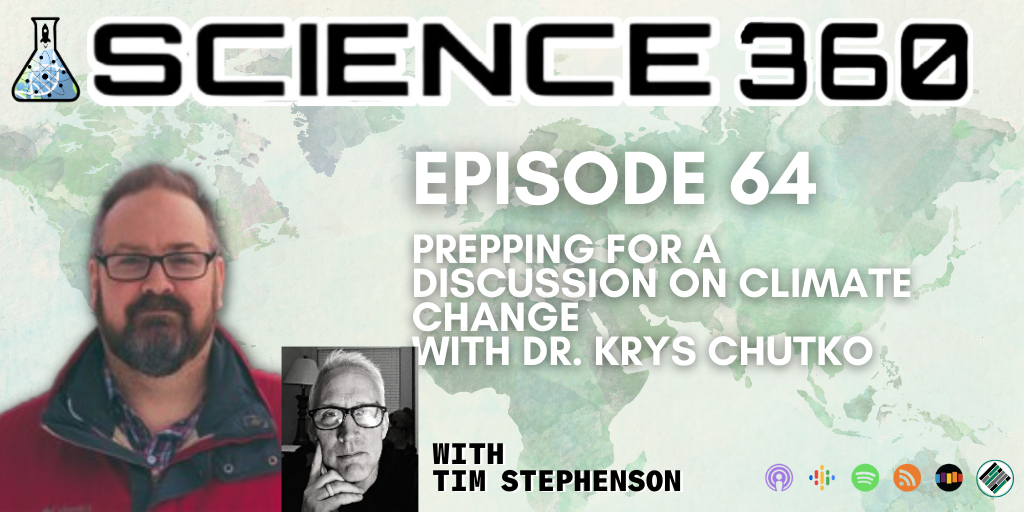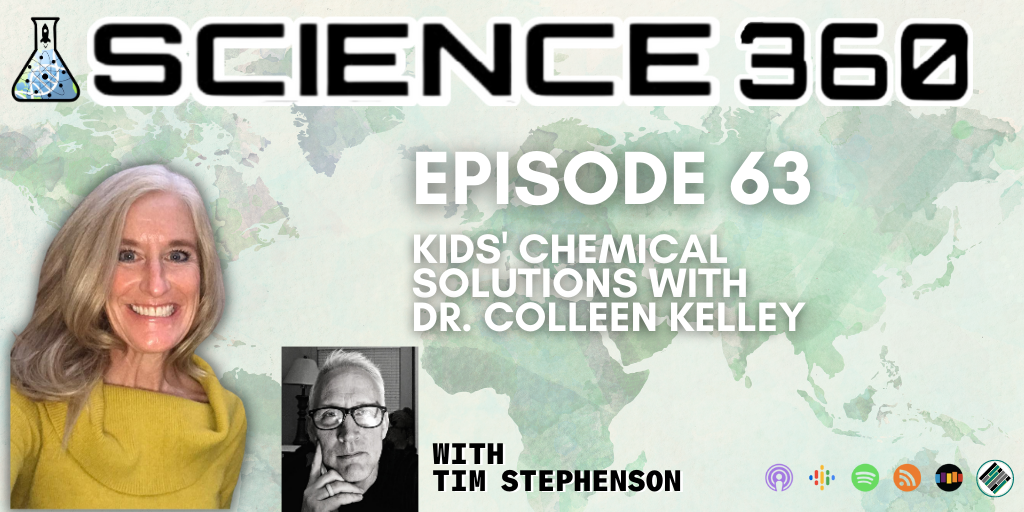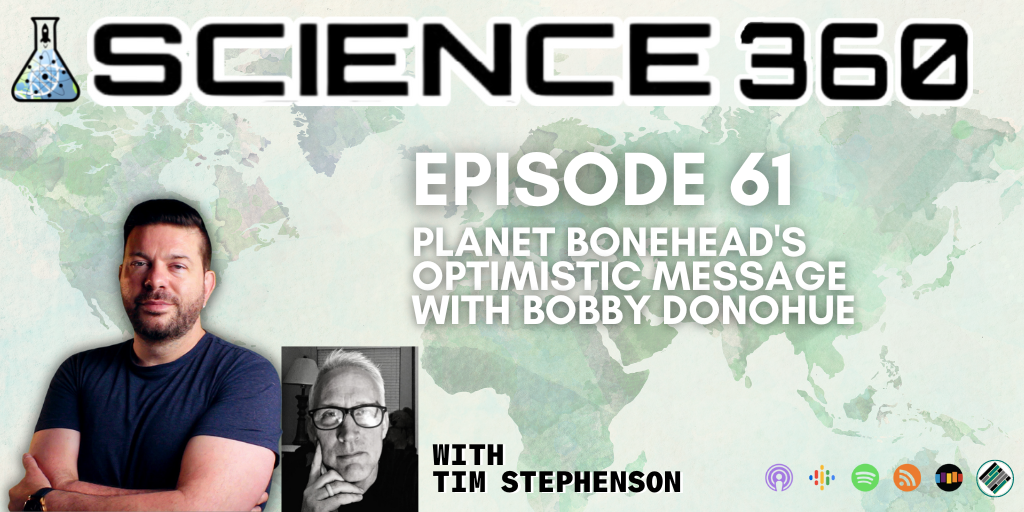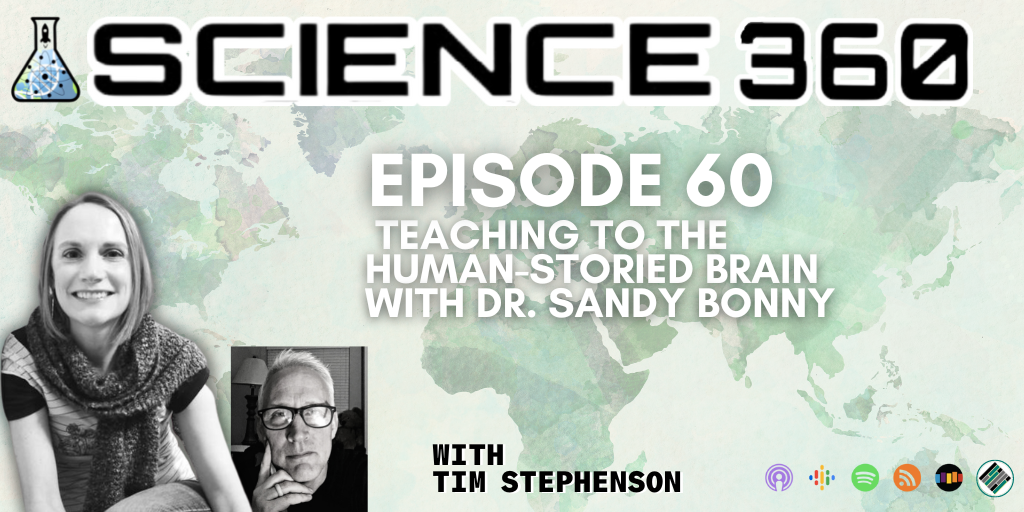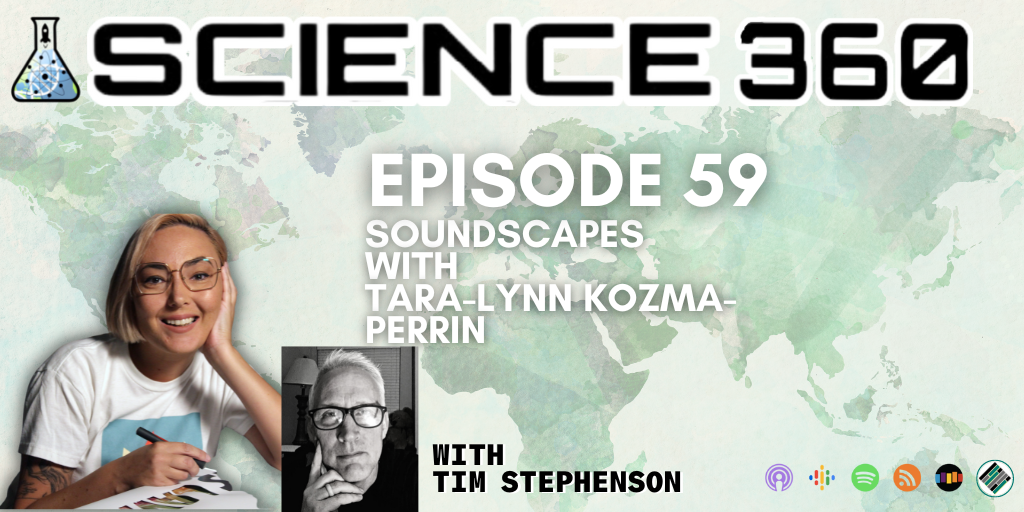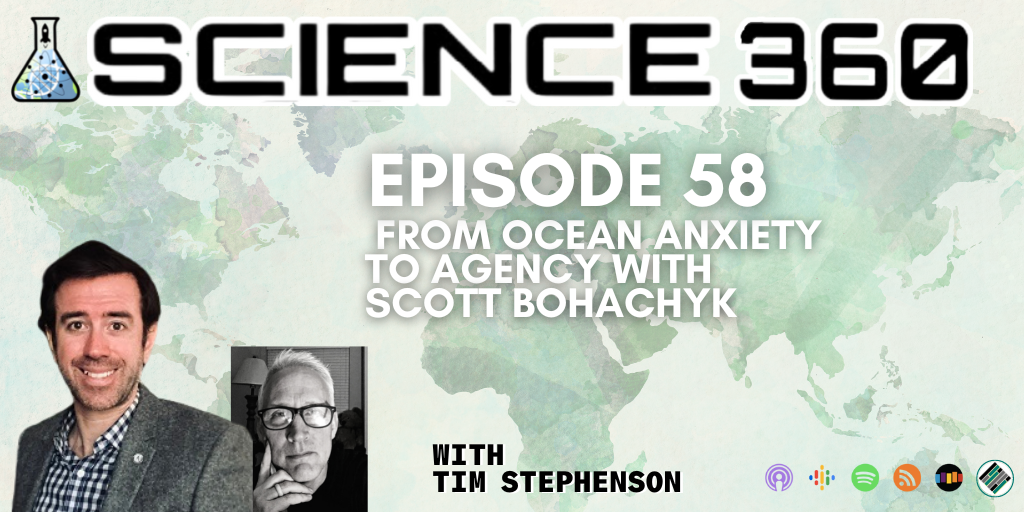Maria Vamvalis is a doctoral candidate and instructor at the Ontario Institute for Studies in Education (University of Toronto) where she is researching climate justice pedagogies that nurture learner well-being. She is a former public school educator who continues to support teacher education and teacher professional learning.
Maria has worked with diverse not-for-profit organizations engaged with the intersections of transformation, education and systems change.
The underlying paradigm? We just aren’t in a healthy, sustainable relationship with the land or each other…
I’d like to start by saying that this episode is a mindset episode. By listening right through to the end, I feel that this discussion I had with Maria WILL affect what you do in your classroom.
I first got to know Maria through my own personal network of educators who put climate education in the spotlight. And having been in many conversations I’ve had with Maria, I came to realize that besides climate change and climate crisis, there’s something else she taught me about called climate justice. Her research focuses on the profound impacts of climate change and the affect it has and will have on young people, namely our students. One of the clear messages coming out of her research is that today’s youth want a different education. They want schools to focus on the major themes of this era of climate change and help them prepare for what comes next.
The way Maria describes this process in this discussion is that teachers need to enact a wholistic approach, engaging students in critical inquiries, where learning is a series of imaginative and creative discoveries. The curriculum isn’t something that is just covered, but is the starting point that can lead students to find creative spaces, allowing them to try and test new ideas.
Maria even goes on to say that ecological collapse IS our curriculum and you now what? I agree with her 100%. This is not the time to dance around an issue. Climate change is real, the evidence makes the headlines every day, and the schools are the place we will find the solutions and the new way of thinking as we learn to unlearn a colonial and extractive mentality towards the land that our society has held for long enough.
And within all of this is the beautiful message that Maria brings about how the individualistic nature of personal advancement, must give way to a collaborative and respectful group mentality where the collective is greater than the sum total of the parts. Caring for each other can lead to caring for the land, our future relationship with the land and the blessing we have to be part of such an interconnected and dynamic equilibrium.
I hope you enjoy my discussion with Maria and I hope that it moves you to teach with the child’s total well-being in mind.
Connect with Maria
on LinkedIn: linkedin.com/in/mvamvalis
on Twitter: @MariaVamvalis

